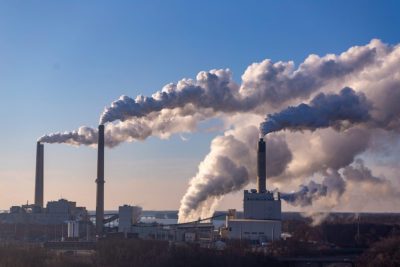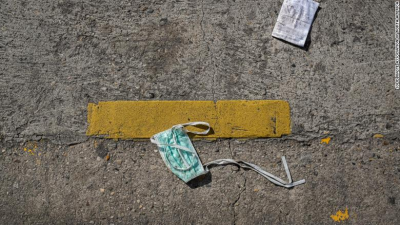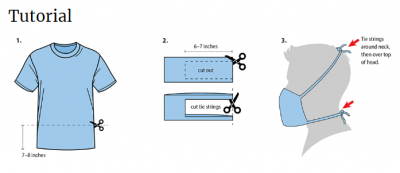Hi all! This is AJ, one of the spring 2020 NRCA Difference Makers. As an Environmental Studies student, which is a humanities-based environmental major, I am interested in the human dimensions side of natural resource issues. I’m particularly interested environmental justice, and the public’s awareness of these issues. So, my goal for this blog article is to share information about environmental justice issues arising during these trying times of the COVID-19 pandemic.
Environmental justice is, simply, “fair treatment and meaningful involvement of all people, regardless of race, color, national origin, or income…” in environmental policies and solutions (Department of Energy). For example, when we allow a few industries to dump pollutants into a river, such policies not only hurt the river ecosystem but they also do not consider anyone living downstream that relies on the water. In our COIVD world, although we may be seeing environmental benefits from significantly reduced travel during shutdowns, we are also seeing a sudden uptick of disposable food and beverage containers, as well as single use personal protection equipment. Not only will this have environmental implications, but how might particular communities be adversely affected by this? It all has an effect somewhere down the line.
Environmental justice also means that no group should bear a “disproportionate share of negative environmental consequences” (Department of Energy). So those people downstream that did nothing to pollute that river are being disproportionately burdened by other peoples’ actions.

Similarly, certain communities are now being disproportionately harmed by COVID-19. Often, industrial buildings that emit high amounts of pollution are relegated within communities of color or low-income. Exposure to pollution for extended periods of time has been shown to lead to health problems like cardiovascular and pulmonary disease (Friedman and Schlanger, NYTimes). With COVID-19 being a respiratory illness, people that live in those high pollution areas are more likely to experience complications if they get sick.

Similarly to the pollutants in the river, the increasing amount of single-use protection equipment that is ending up in landfills also poses a threat if not taken care of properly. Landfills, alongside factories, are more likely to be found in minority communities. So, the danger of being exposed to contaminated materials is higher along with the chance of developing complications. Especially when asymptomatic or pre-symptomatic people recover at home and do not properly take care their trash. And while there have not been any reported cases of spread of the virus from contaminated materials, it can live on cardboard for up to a day and even longer on metals and plastics so the risk is still present (Calma, Verge).
But, there are solutions to these environmental justice issues! First, we can create dialogue about these issues with even just a few people to increase awareness.

Another way to reduce your personal environmental impact (and subsequent negative impacts on particular communities) while staying safe is to make your own face masks. There is a plethora of online tutorials that only require some fabric, a needle, and thread. The one above provided by the CDC only needs a shirt and scissors! Everybody has the opportunity to do good and to make a positive change in a world that seems out of control right now. Since everyone is at home this is the perfect time to create those healthy and eco-friendly habits that carry into your life for years to come.
Blog References:
Department of Energy. Environmental Justice. https://www.energy.gov/lm/services/environmental-justice
Justine Calma. Covid-19 Pandemic is Generating Tons of Medical Waste. The Verge. https://www.theverge.com/2020/3/26/21194647/the-covid-19-pandemic-is-generating-tons-of-medical-waste
Lisa Friedman and Zoë Schlanger. Race, Pollution, and the Coronavirus. New York Times. https://www.nytimes.com/2020/04/08/climate/coronavirus-pollution-race.html